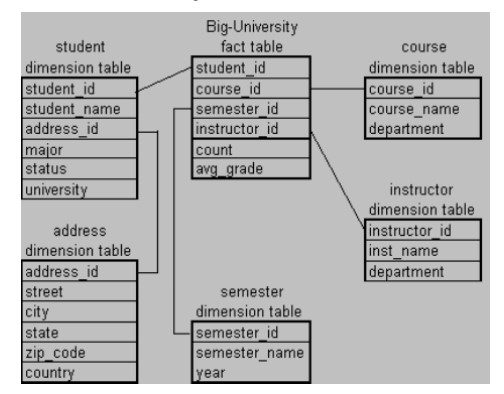Write short note on Global trend of growth in E-Governance or, E-Governance trends in developed and developing countries.
Present Global trend of growth in e-governance
Governments are called to take on a new role in this favorable convergence, giving up passively submitting to the winds of innovation. "The focus must now lie on the digit transformation of society as a whole. Governments are no longer only providing services to end-users, whether these are citizens or businesses.
Press reports (during the end of 2002) indicate a trend of global growth in e-governance utilization by people in different categories. They indicate the following:
- The proportion of adults worldwide using the Internet to access government services or products during the past 12 months has increased by around 15 percent, according to the findings of the second Government Online Study published by Taylor Nelson Sofres.
- Three out of ten citizens (30 percent) globally said that they had accessed government services online compared with only (26 percent) questioned a year ago. Government online services are most commonly used to search for information (24 percent users) and to download information (11 percent of the v users).
- The increased use of government online services is primarily due to a rise in the proportion of people searching for information (from 20 to 24 percent during the period from September 2001 to September 2002).
- Globally, online government transactions increased from just 6 percent to 7 percent during this period and the percentage of those providing personal details to the government increased from 7 percent to 8 percent. In some countries, the percentage increase has been significantly higher than in others.
- Among the most significant increases in the use of government services online are Australia (from 31 percent to 46 percent), Turkey (from 3 percent to 13 percent), the Netherlands (from 31 percent to 41 percent), and the US (from 34 percent to 43 percent).
- In contrast, in Japan, however, government online usage fell by 4 percent (17 percent to 13 percent of the citizens) between 2001 and 2002.
- While security issues about accessing government services online were the main concern for many countries during 2001, perceptions of safety improved globally during 2002. When 23 percent of citizens worldwide said that they feel safe disclosing personal information such as credit card and bank account numbers online compared to just 14 percent of citizens in 2001, representing thus an increase of almost two-thirds (64 percent).
- As for the use of government online, the Scandinavian markets (Denmark, Finland, Norway, and Sweden), together with some southeast Asian markets (Singapore and Hong Kong), have perceived the highest levels of safety (around one-third of users), in the system. In contrast, the greatest safety concerns were expressed by citizens in Japan (90 percent said they felt accessing government service online was "unsafe"), Germany (82 percent), and France (76 percent).



Comments
Post a Comment